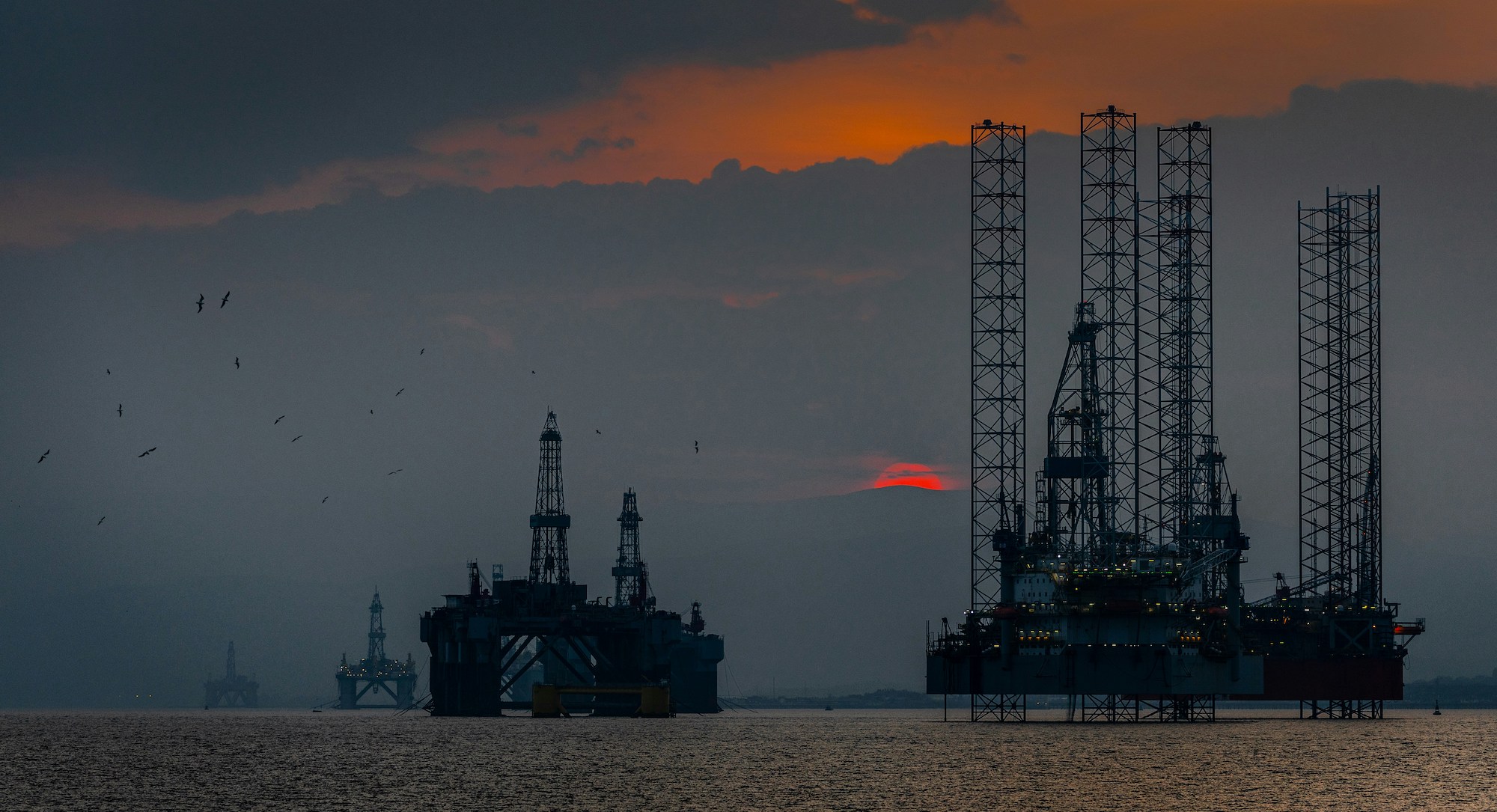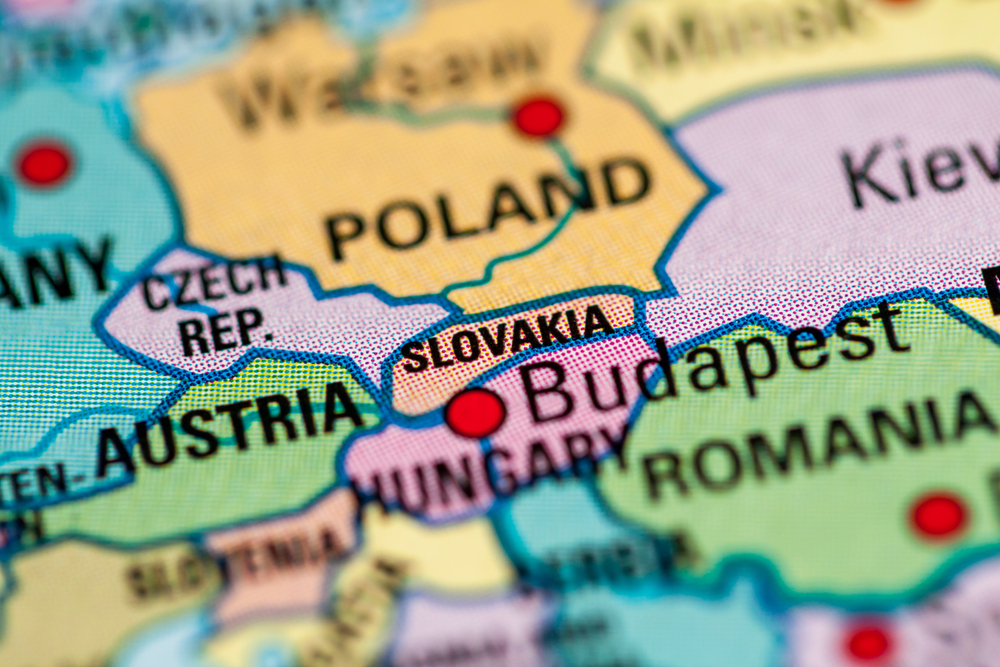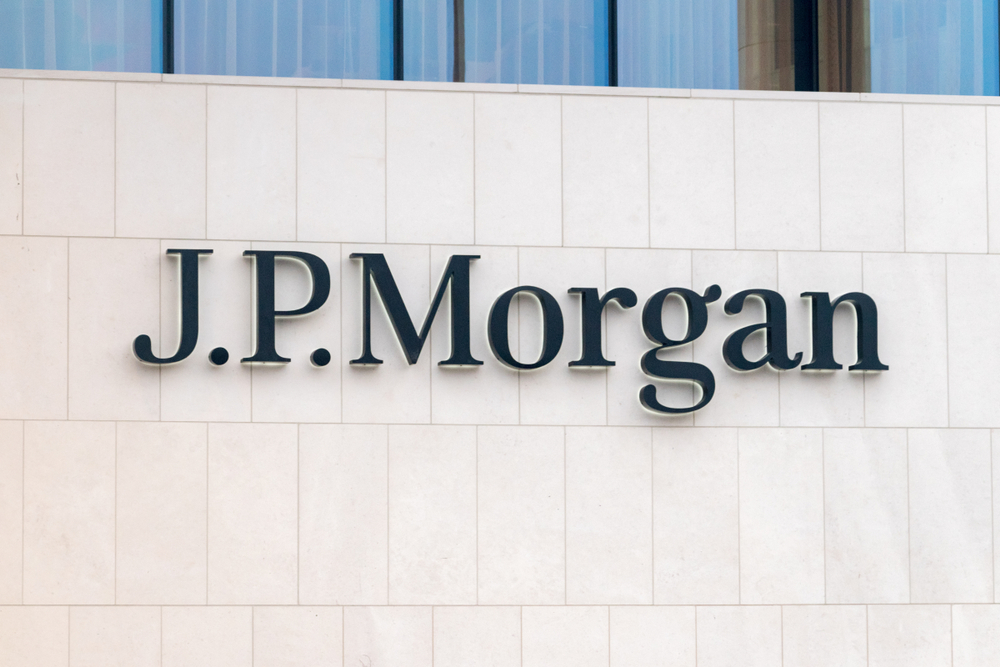The main agenda of the OPEC+ meeting was the oil production reduction for the year 2024. Oil prices have steadily been dropping since September 2023 with few bumps in October. Prior to the meeting, investors already expected some production cuts, so the market was quick to adjust. In addition to that, western oil demand has now dropped with continued boycott of Russian oil due to the war in Ukraine, transition to the green economy in Europe and countries trying to diversify their suppliers.
Finally, after the Thursday meeting, it was clear that production reduction will be even smaller than expected. The organization said it will cut the production by an additional 2.2 million barrels per day (bpd) in the first quarter of 2024. However, about 1.3 million bpd were already in place voluntarily by Russia and Saudi Arabia. That means that real cuts were about 900 thousand overall and traders were disappointed with the prices dipping even more. Saudi Arabia, Russia, the UAE, Iraq, Kuwait, Kazakhstan and Algeria combined cuts amount to 2.2 million bpd will be gradual through the first quarter of 2023. Saudi Arabia agreed to gradually get to 1 million bpd cut until the end of Q1 while Russia will reduce production by additional 200 thousand bpd.
Brazil will be the newest member of the OPEC+ starting next year, although it hasn't agreed to any production cuts itself. Since the cuts were all voluntary, there are some speculations of disagreements among members.
China's lack of oil demand contributes to the concerns of investors as it is the world's largest oil importer. Its industry still hasn't recovered to pre-covid levels, and it shows little signs of improvement. The Caixin/S&P Global manufacturing purchasing managers' index rose from 49.5 in October to 50.7 in November, which is above the desired 50 milestone. However, the readings came the day after the survey which showed contractions in manufacturers’ as well as non-manufacturers’ activity.
Brent Crude futures for February have risen by 0.1 % in response to OPEC+ meeting outcome. Goldman Sachs Crude forecast for December is “moderately tilted” downwards after the meeting compared to previous estimates as they called oil producers move “a temporary response” and “difficult to implement”.[1]
Oil price remains volatile also because of tensions on the world’s stage with ongoing wars in Europe and the Middle east. Countries of the EU and elsewhere have failed to diversify their oil suppliers over the years which resulted in this commodity becoming a tool of control and hybrid warfare by superpowers with authoritative regimes.
-----
[1] Forward-looking statements represent assumptions and current expectations that may not be accurate or are based on the current economic environment, which may change. These statements are not guarantees of future performance. Forward-looking statements, by their nature, involve risk and uncertainty because they relate to future events and circumstances that cannot be predicted and actual developments and results may differ materially from those expressed or implied by any forward-looking statements.
Warning! This marketing material is not and should not be construed as investment advice. Past data is not a guarantee of future returns. Investing in foreign currency may affect returns due to fluctuations. All securities transactions may result in both gains and losses. Forward-looking statements represent assumptions and current expectations that may not be accurate or are based on the current economic environment, which may change. These statements are not guarantees of future performance. CAPITAL MARKETS, o.c.p., a.s. is an entity regulated by the National Bank of Slovakia.
 Polish
Polish
 English
English
 Slovak
Slovak
 Czech
Czech
 Hungarian
Hungarian
 Italiano
Italiano





